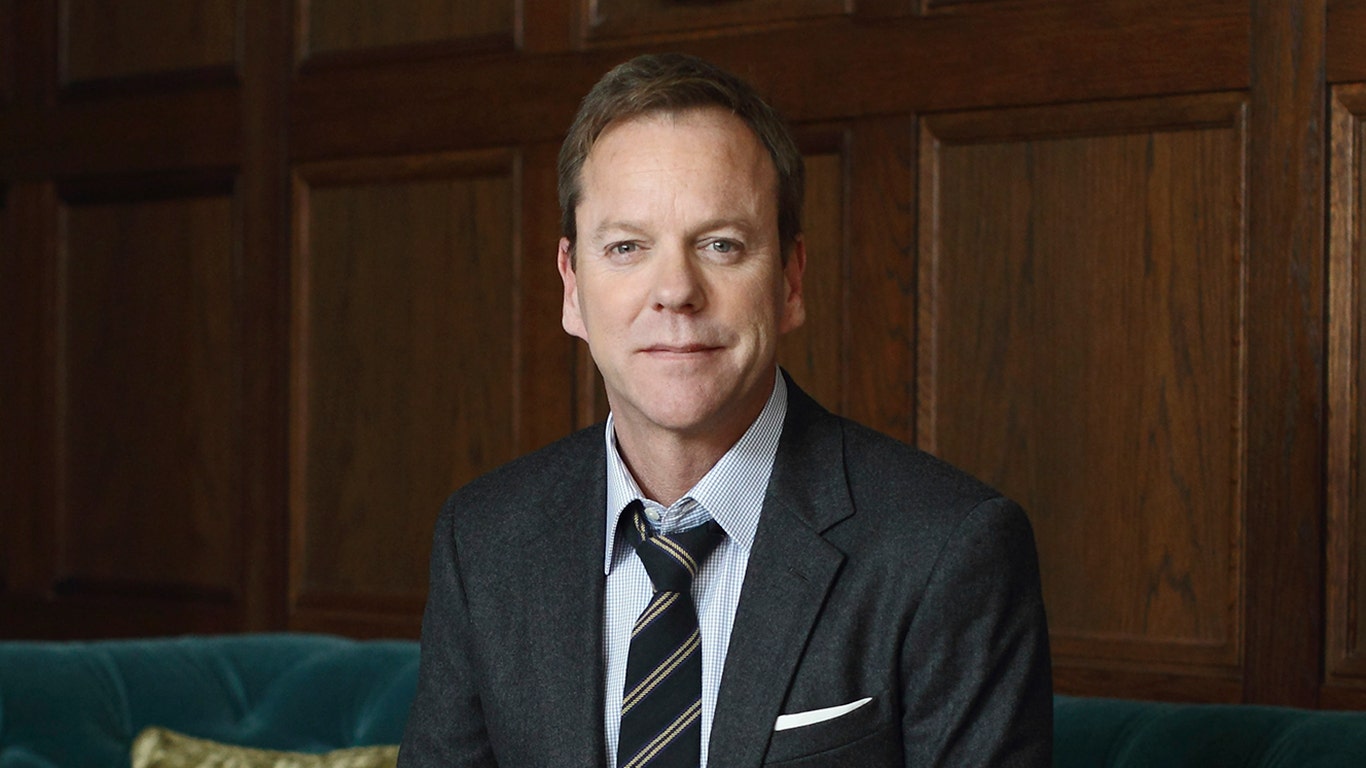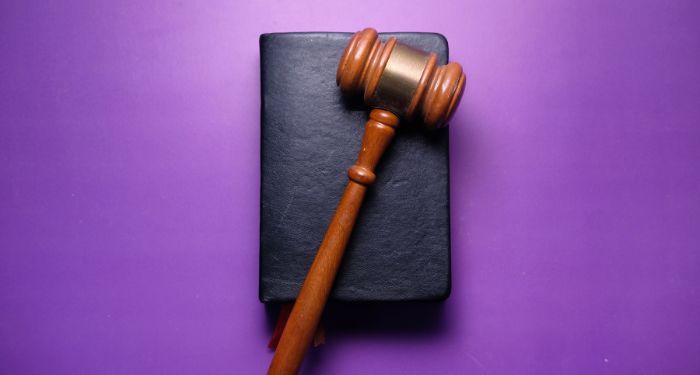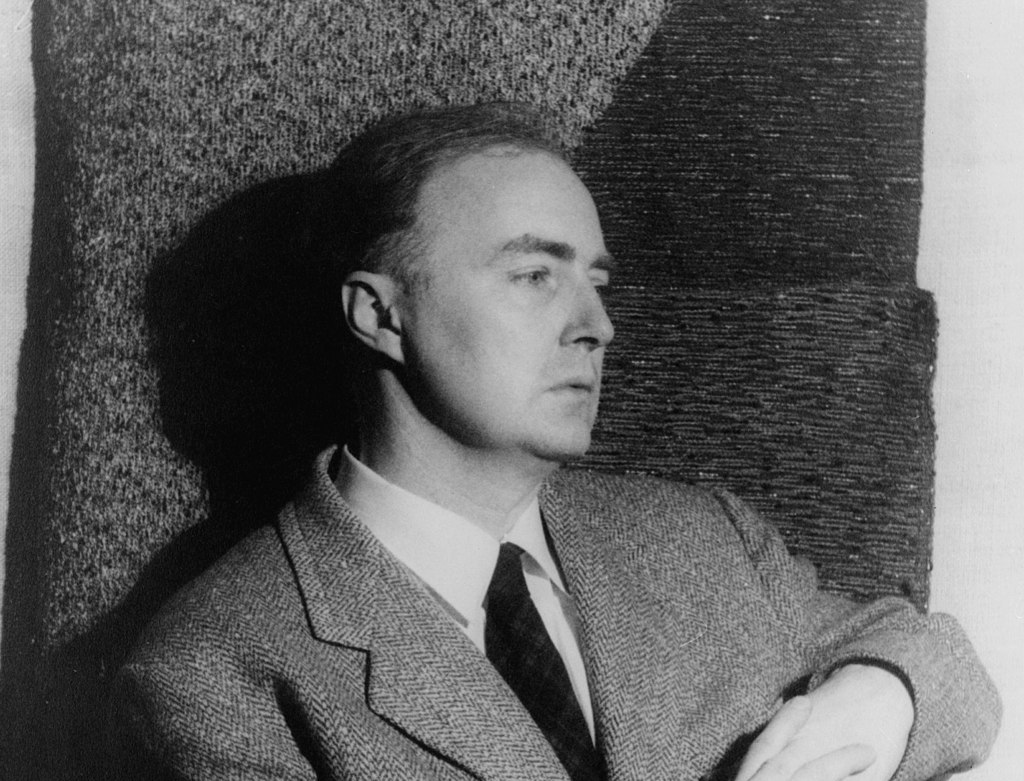
More than 85% of American homebuyers finance their purchase with a mortgage. In most cases, the lender owns a greater share of the house than the borrower.
With more skin in the game, the lender wants to ensure that the borrower stays current on expenses like insurance and taxes, so it sets up a separate account, known as an escrow account, to collect the money and pay those bills.
A borrower has no control over an escrow account managed by their mortgage lender, which can have benefits and drawbacks.
What is an escrow account?
An escrow account may mean something different when you’re in the process of buying or selling a house versus when you own a house.
When a seller accepts a purchase offer, an escrow agent sets up a bank account that holds the buyer’s “good faith deposit.” This is a deposit that shows the seller that the buyer is serious and kicks off the closing process (that’s why people often say they’re “in escrow” at this stage). The money eventually goes toward the home’s down payment, and once the deal is completed, the account may be closed.
As part of the loan terms, a mortgage lender may then set up its own escrow account—sometimes called an impound account—to collect and pay the homeowners insurance premiums, property taxes, and private mortgage insurance.
Because an escrow account rolls all those payments into one and eliminates the need to keep track of multiple due dates, “it can simplify the bill-paying experience for the owner,” says David Friedman, cofounder and CEO of Knox Financial, an online platform that helps homeowners manage investment properties.
How does an escrow account work?
Not every mortgage borrower will have an escrow account, but they are common.
“A borrower should pretty much expect to have an escrow account if their loan-to-value [ratio] is over 80%,” says Julie Shroyer, a managing director at Doma, a real estate technology company specializing in title insurance and escrow.
A loan-to-value (LTV) ratio of 80% or higher means you put down 20% or less of the purchase price. As you pay your mortgage, the ratio goes down. If you have a conventional loan, the lender may let you close the escrow account after you hit a certain threshold.
Two types of mortgages that are backed by the federal government, U.S. Department of Agriculture (USDA) loans and Federal Housing Administration (FHA) loans, require escrow accounts regardless of the borrower’s LTV ratio.
When a lender creates an escrow account, and each year thereafter, it will perform an “escrow analysis” to determine how much to collect from the borrower every month. The total monthly payment consists of the mortgage payment (principal and interest) and the escrow payment (insurance premiums and property taxes).
Most insurance premiums and tax bills are due once or twice a year, but lenders use escrow accounts to collect the funds on a monthly basis, partly to reduce the probability that a big bill will come due and the homeowner won’t have the money to pay it. “They’re definitely covering [themselves], they’re trying to de-risk the loan,” Friedman says.
Here’s an example: Say your annual property taxes are about $3,000 and your annual homeowners insurance premium is $2,000. Add those together and the total expense is $5,000 a year. Divided by 12, you’ll be sending almost $417 a month to your lender to fund the escrow account, plus the amount you owe to cover the mortgage.
However, some lenders calculate payments differently, factoring in a “cushion” in case you miss escrow payments in the future. By law, the cushion can’t be greater than two months’ worth of property taxes.
As long as the lender has sufficient funds in the escrow account, it’s legally obligated to make on-time payments to your insurance company or local taxing authority. Only 15 states require lenders to pay interest on escrow accounts, since the funds usually sit there for months: Alaska, California, Connecticut, Iowa, Maine, Maryland, Massachusetts, Minnesota, New Hampshire, New York, Oregon, Rhode Island, Utah, Vermont, and Wisconsin.
Pros and cons of having an escrow account
There are both benefits and drawbacks to using an escrow account from a homeowner’s perspective.
Pros
- Streamlines housing expenses: An escrow account enables you to pay some of your largest bills in a lump sum, rather than sending individual payments to multiple places every month.
- Breaks up a big annual payment: Most lenders will divide the annual insurance premium into 12 monthly payments so that the homeowner can pay it in more manageable chunks rather than a large lump sum once or twice a year.
Cons
- You could miss out on higher interest opportunities: As mentioned before, lenders don’t have to pay interest on escrow accounts in most states. If the money that’s set aside for your insurance premiums would otherwise be in a savings or money market account earning some interest, that’s money left on the table.
- You don’t have control over the account: By definition, escrow accounts cannot be owned or controlled by the borrower. Once a deposit is made, you no longer have access to that money like you would in a checking or savings account. Refunds can only be processed if the lender calculates that the account has a target balance surplus of $50 or more.
- You may still have a large upfront payment: Even though escrow accounts collect payments monthly, you’ll likely have to fund the account with your initial escrow payment and a cushion of up to two months during the home’s closing process.
The takeaway
Most homeowners don’t have a choice of whether they use an escrow account to pay insurance premiums. Lenders generally require them for conventional mortgage borrowers who have 20% or less equity in their home. Borrowers with a federally backed mortgage can count on having an escrow account no matter how much equity they have.
Remember that even though your total monthly housing payment will be higher with an escrow account, you’re not paying more in general. Without an escrow account, you would still have to send in insurance premiums and property tax payments on your own.
If you’re working with a mortgage lender to buy a house, escrow account requirements will be presented to you in the loan documents. If the details aren’t clear, be sure to ask how escrow payments are calculated, whether interest accrues, and when, or if, you can close the account in the future.


























































